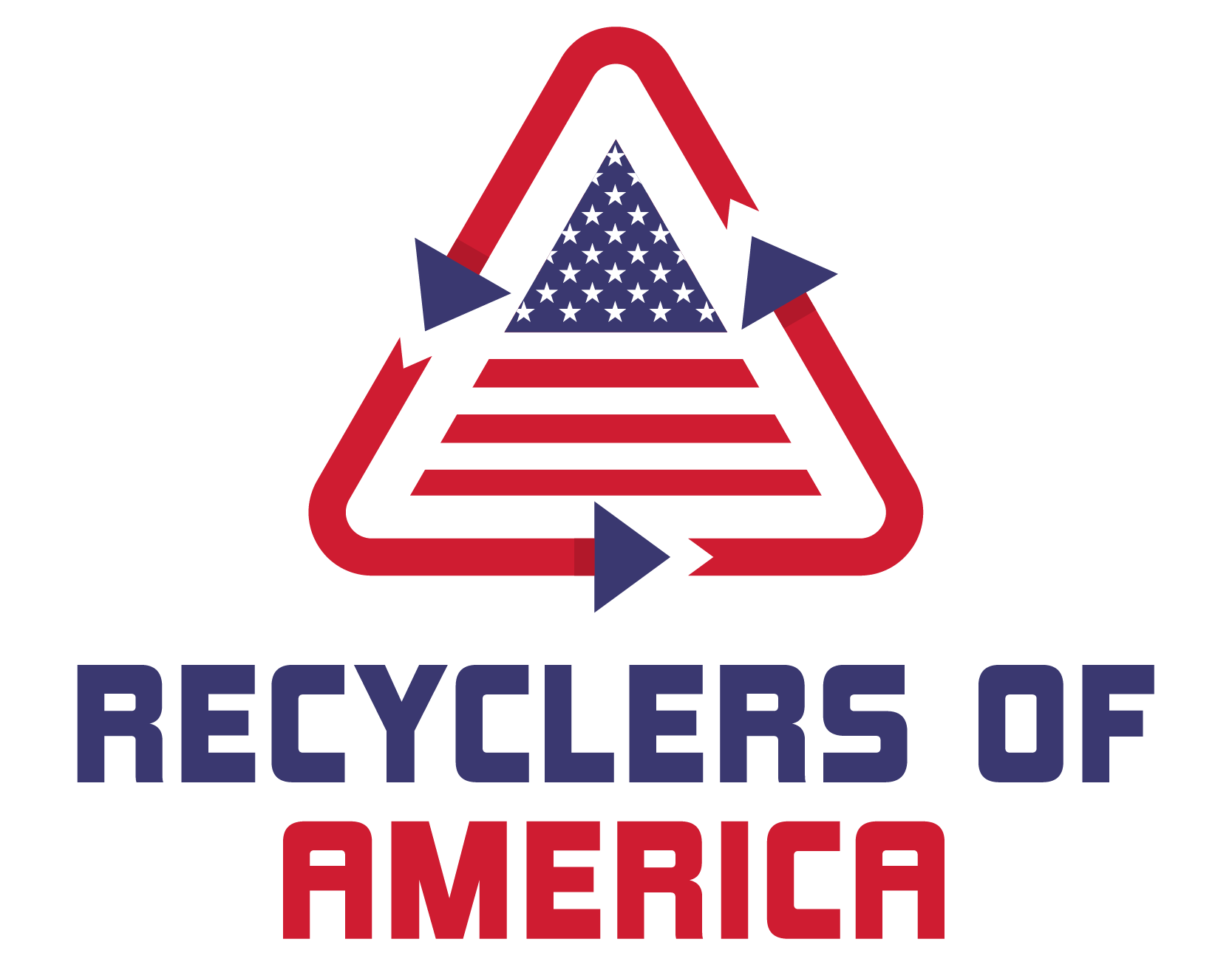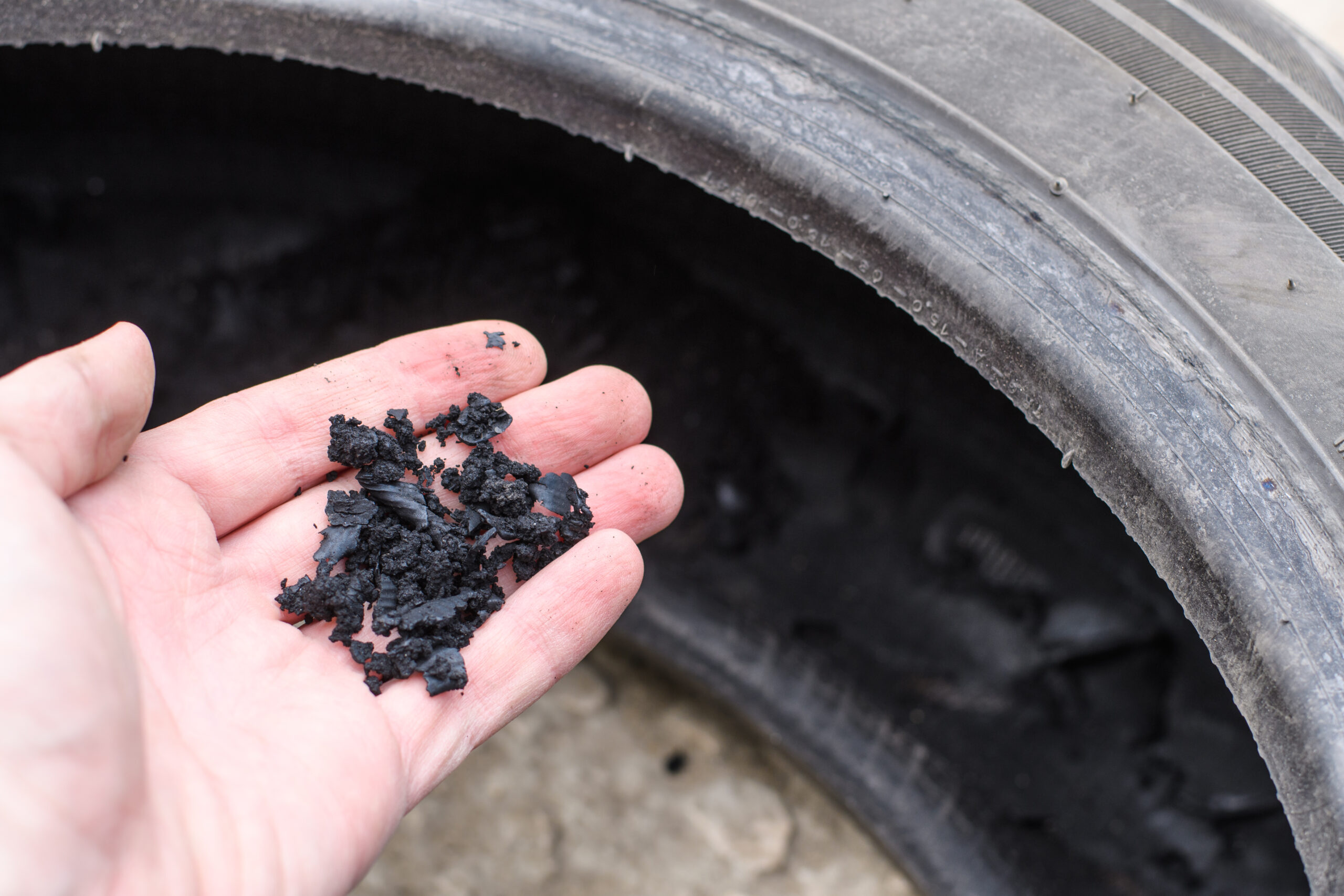Tire recycling is a crucial practice that has significant environmental benefits. In Miami, Florida, the need for effective tire recycling solutions is more critical than ever. As a hub of transportation and tourism, the city generates a substantial number of used tires annually. Recyclers of America is committed to addressing this challenge by transforming waste tires into valuable products like tire shreds, recycled rubber, and rubber granules. Here’s how tire recycling in Miami helps reduce waste and pollution.
Reducing Landfill Waste
One of the primary environmental benefits of tire recycling is the significant reduction of waste sent to landfills. Tires are not biodegradable, and when they accumulate in landfills, they take up valuable space and pose long-term environmental risks. In Miami, tire recycling ensures that these bulky items are diverted from landfills, thus preserving the environment and reducing the strain on waste management systems.
Preventing Pollution
Discarded tires can cause severe pollution problems. When left in the open, they can leach harmful chemicals into the soil and water, affecting local ecosystems. In the humid climate of Miami, tires can also become breeding grounds for mosquitoes, contributing to health issues like West Nile virus and Zika virus. By recycling tires, we prevent these hazards and protect our natural surroundings from pollution.
Conserving Natural Resources
Tire recycling conserves natural resources by reusing materials that would otherwise be wasted. The process involves breaking down tires into tire shreds, recycled rubber, and rubber granules, which can be used in various applications. This reduces the need for new raw materials, such as natural rubber and petroleum, which are used in the production of new tires. By conserving these resources, we reduce our dependence on non-renewable sources and promote sustainable practices.
Reducing Carbon Emissions
The tire manufacturing process is energy-intensive and generates significant carbon emissions. By recycling tires in Miami, we reduce the demand for new tire production, which in turn lowers greenhouse gas emissions. Additionally, recycled rubber products often require less energy to produce compared to new products, further contributing to a decrease in overall carbon emissions.
Promoting Sustainable Practices
Tire recycling in Miami promotes sustainable practices by encouraging the use of recycled materials in various industries. Recycled rubber and rubber granules can be used in a multitude of applications, from playground surfaces and athletic tracks to landscaping mulch and erosion control products. These sustainable alternatives not only benefit the environment but also support the local economy by creating jobs and fostering innovation in green industries.
Conclusion
The environmental benefits of tire recycling are undeniable. In Miami, Florida, Recyclers of America is dedicated to reducing waste and pollution through efficient tire recycling practices. By converting waste tires into valuable products like tire shreds, recycled rubber, and rubber granules, we help protect our environment, conserve natural resources, and promote sustainable practices. Together, we can make Miami a cleaner, greener place for future generations.
For more information on our tire recycling services in Miami, contact Recyclers of America today. Let’s work together to reduce waste and pollution in our beautiful city.
Contact us here.
For more information:
- EPA – Waste Tires: EPA Waste Tires
- Miami-Dade County Solid Waste Management: Miami-Dade County Solid Waste Management
- Florida Department of Environmental Protection: Florida DEP
- Environmental Benefits of Recycling: Environmental Benefits of Recycling – Earth911
- CDC – Mosquito Control: CDC Mosquito Control

